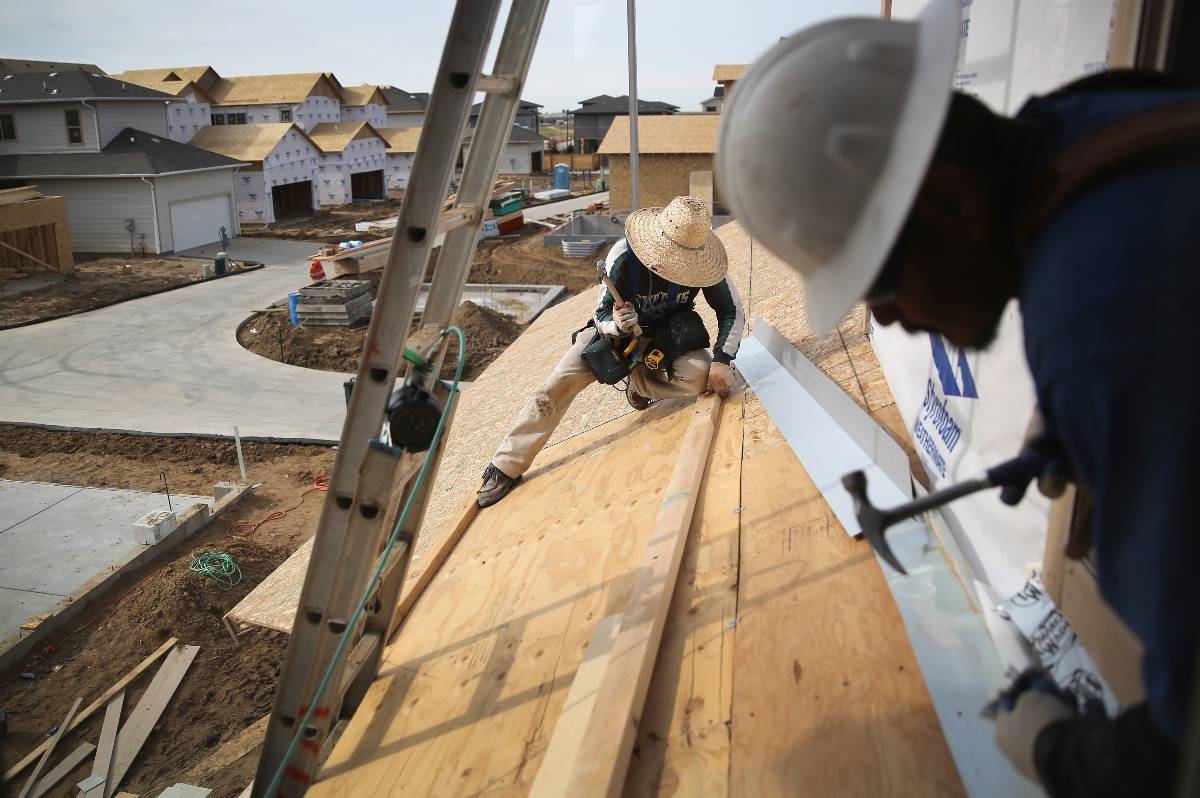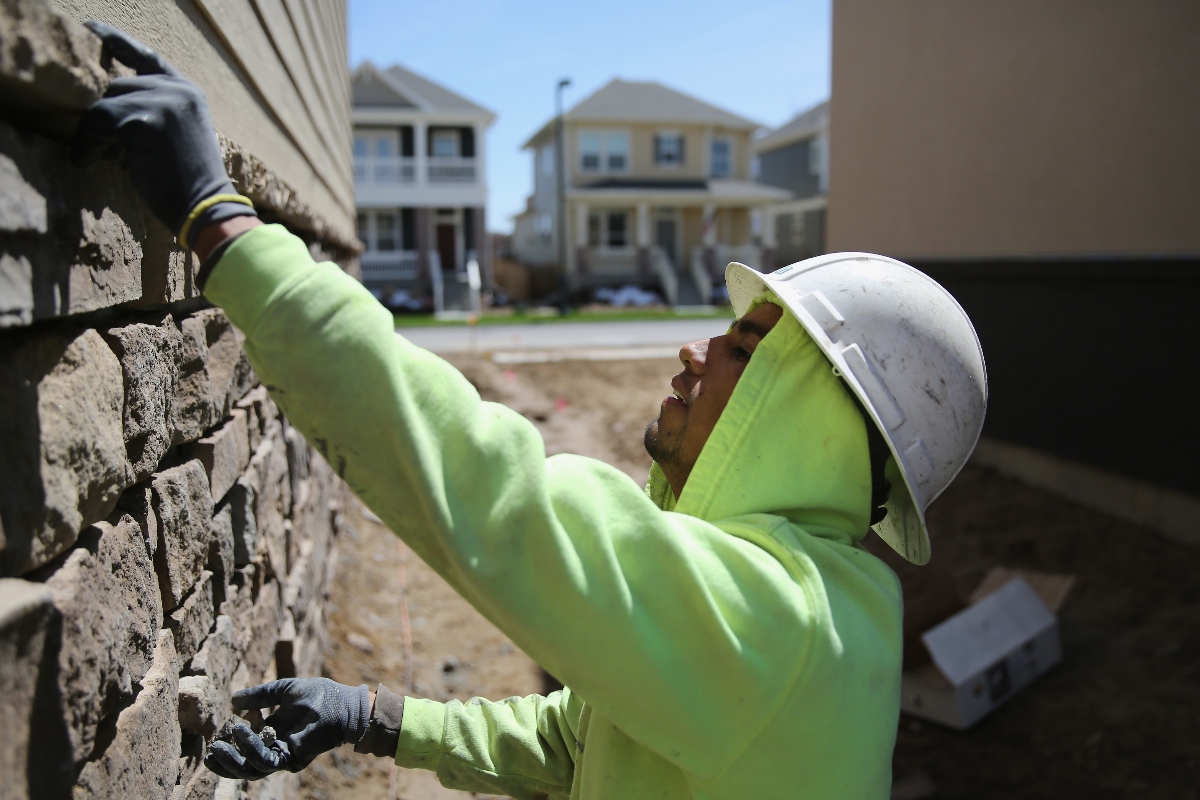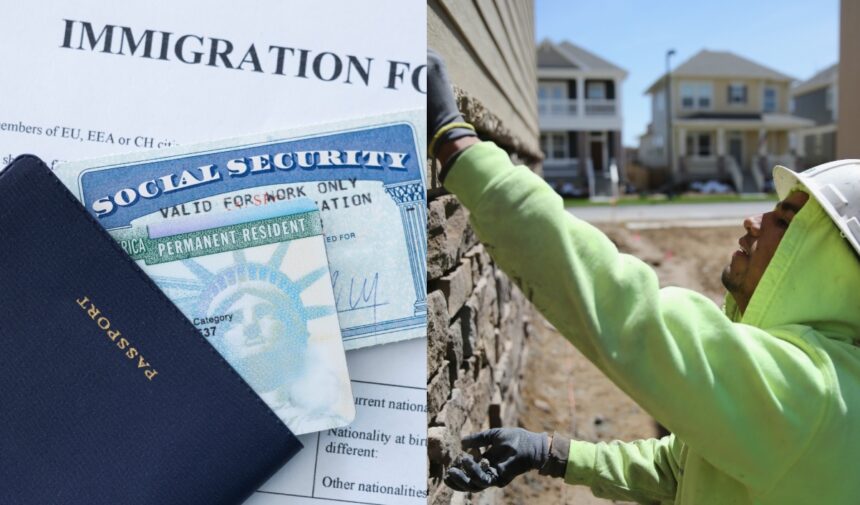A new legislative proposal in Congress could open the door to legalization for thousands of undocumented construction workers in the United States, recognizing their key role in the country’s economic development.
The move comes at a time when a shortage of skilled labor threatens to slow down ambitious infrastructure projects, including those related to the expansion of science and technology parks.
What is the proposal about?

Although officially introduced under the name Building a Stronger America Act, the legislation does not directly mention a path to citizenship.
However, several lawmakers have suggested amendments that would include immigration protections and legalization opportunities for construction workers, especially those who have participated in large-scale federal or state projects.
The project, promoted by the Department of Commerce, seeks to fund feasibility studies and plans to build or modernize “science parks” throughout the country.
These parks would be centers of technological and business innovation, strategically located to promote regional economic development.
Immigrants at the center of the reconstruction

The construction workers’ union and pro-immigrant groups have hailed this initiative as a historic opportunity.
“Most of the people who build these buildings, roads and science centers are immigrants. It is time for them to be legally recognized,” said Jaime Rodriguez, spokesperson for the Texas Coalition for Labor Rights.
Although the law focuses primarily on the financing and expansion of technological infrastructure, it also includes key criteria such as the use of efficient technologies, the revitalization of abandoned industrial zones and international collaboration with other science parks.
What benefits would it have for workers?
If the immigration amendments are approved, the benefits would be significant:
Access to legal and renewable work permits.
Protection against deportation for those who collaborate in eligible projects.
Accelerated pathway to legal residency for workers with proven experience.
In return, participating companies and contractors must comply with strict labor, environmental sustainability and financial transparency requirements.
What’s next?
The bill will be debated in the coming weeks, and migrant advocacy groups are pushing for legalization to be an integral part of the bill.
In the meantime, the Department of Commerce is already preparing a series of open solicitations to distribute the first funds, with a limit of up to $750,000 per study or construction plan.























